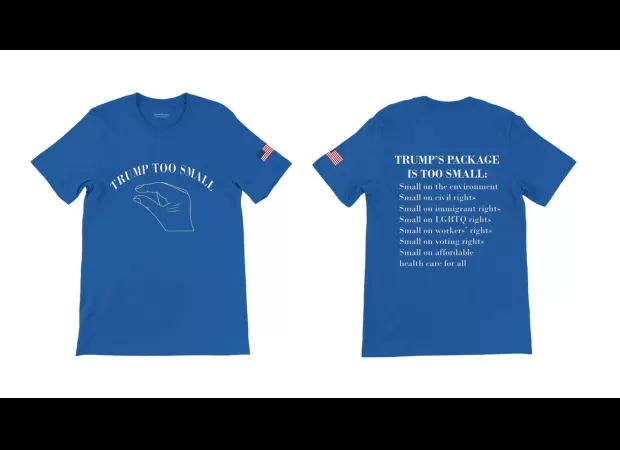The US Supreme Court rejects trademark application for 'Trump Too Small' name.
A potential trademark originated from a senator's remark about Trump's hand size and its implications.

A potential trademark originated from a senator's remark about Trump's hand size and its implications.
4 Views


